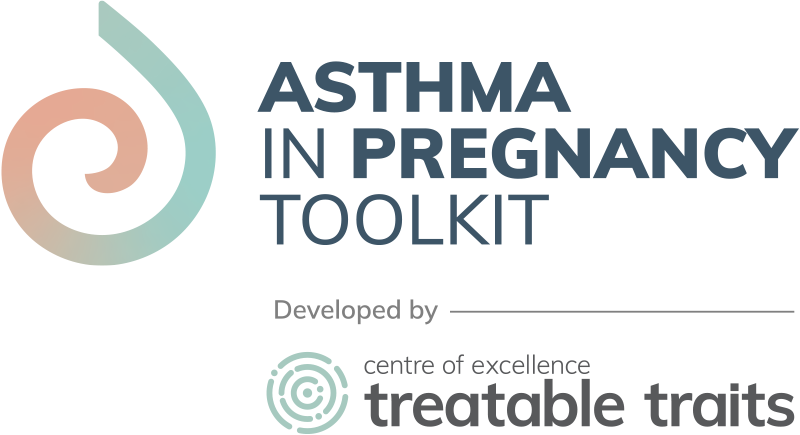Overview
Some of the relevant pulmonary traits for women with asthma in pregnancy include:
- airflow limitation and breathlessness
- airway inflammation
- respiratory viral and bacterial infection
In this section we discuss the respiratory changes which occur with pregnancy, dyspnoea in pregnancy, T2 high and T2 low airway inflammation, measurement of FeNO as a marker of airway inflammation and the role of respiratory viral and bacterial infections in exacerbations during pregnancy.
Key Messages
- Abnormal spirometry in a pregnant patient should prompt an evaluation of possible respiratory diseases
- Asthma can be categorised as T2 asthma (type 2 inflammation high) or non-T2 asthma (type 2 inflammation low)
- At least half of pregnant women with asthma are likely to have non-T2 asthma
- Fractional exhaled nitric oxide (FeNO) is a non-invasive biomarker which can assess eosinophilic lung inflammation
- Respiratory viral infections are a common cause of exacerbations of asthma in pregnancy
- Prevention of infections by vaccination has been associated with improved asthma symptoms during pregnancy
